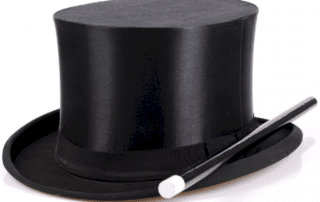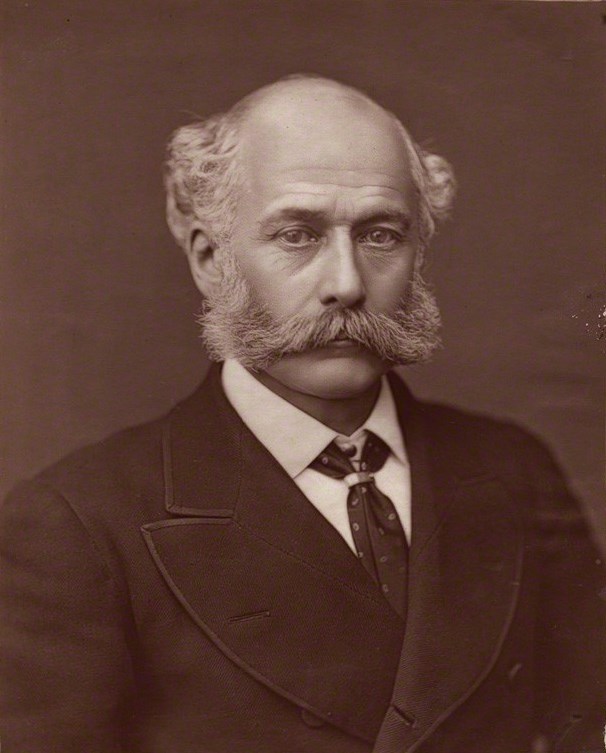Personalised Persuasion: How Predictable Are You?
When it comes to nudging, it’s very much a case of ‘different strokes for different folks'. A free donut might entice some people to take a vaccine; for others, it might make them even more skeptical. Fortunately, a combination of digital footprints and ‘thin slicing’ psychology means that nudges can now be targeted to the right people in the right way.






